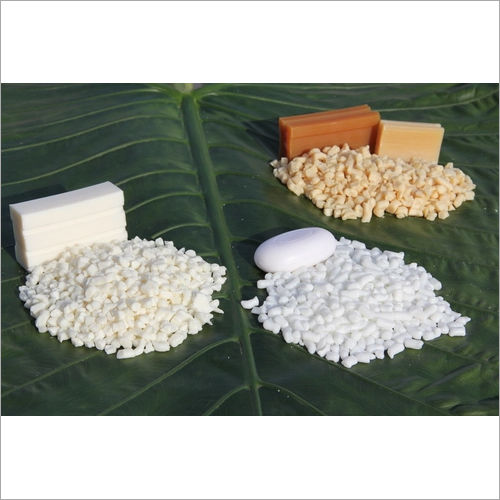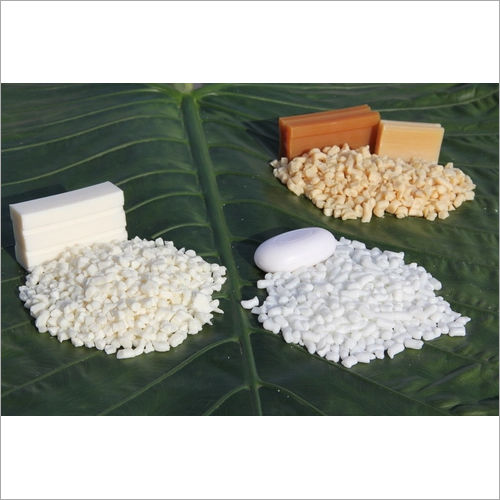
Soap Noodles (All Grades)
800.00 USD ($)/Metric Ton
Product Details:
- Product Type Soap
- Logo Self Logo
- Soap Foam As your Request
- Transparency NO
- Moisture (%) 13 - 15% Max
- Main Ingredient Vegetable Oil
- Soap Type Toilet Soap
- Click to View more
X
Soap Noodles (All Grades) Price And Quantity
- 21 Metric Ton
- 800.00 USD ($)/Metric Ton
Soap Noodles (All Grades) Product Specifications
- Palm Oil
- Toilet Soap
- Vegetable Oil
- 13 - 15% Max
- NO
- As your Request
- Self Logo
- Soap
Soap Noodles (All Grades) Trade Information
- Any Malaysia/Indonesia ports
- 6000 Metric Ton Per Month
- 1 Months
- Yes
- Contact us for information regarding our sample policy
- Packed in 25kg bags with/without pallets as well as Jumbo bags without pallets
- Asia Australia North America South America Eastern Europe Western Europe Middle East Central America Africa
- All India
Product Description
The offered highly effective Soap Noodles (All Grades) are processed using supreme grade chemical substances and modern processing techniques in the most suitable temperature. We offer this product to our clients in 25kg bags as well as Jumbo Bag with/without pallets. Our offered products is available for our prestigious clients at industry leading price.
Soap Noodles (All Grades) Features:
- Purity
- Accurate composition
- Precise pH value
- Highly effective
Soap Noodle Specifications:
Soap noodles, also known as soap flakes or soap chips, are the basic building blocks used in the production of soap. They are typically made from various vegetable oils or animal fats through a process called saponification. The specifications of soap noodles can vary depending on their intended use and the manufacturer's formulation, but here are some common specifications:
Q. How are soap noodles made?
Ans: Soap noodles are produced through a process called saponification, where vegetable oils or animal fats react with an alkali (usually sodium hydroxide or potassium hydroxide) to form soap and glycerin. The mixture is then cooled, solidified, and processed into noodle or flake shapes.
Q. What is the difference between soap noodles and finished soap bars?
Ans: Soap noodles are the raw materials used in soap production, while finished soap bars are the end products that consumers use. Soap noodles undergo further processing, such as blending with additives, colorants, and fragrances, before being molded into soap bars.
Q. What is the shelf life of soap noodles?
Ans: The shelf life of soap noodles depends on their moisture content and storage conditions. Generally, soap noodles have a shelf life of around 12 to 24 months when stored in a cool, dry place.
Q. What is Total Fatty Matter (TFM)?
Ans: TFM represents the percentage of fatty acids in the soap noodles. Higher TFM values indicate a higher purity of fatty acids, which usually leads to a higher quality and more transparent soap.
Q. Can soap noodles be used to make liquid soap?
Ans: Soap noodles can be used to produce liquid soap, but they need additional processing. To make liquid soap, the soap noodles are typically dissolved in water and mixed with other ingredients, such as surfactants and preservatives.
Q. What are the common applications of soap noodles?
Ans: Soap noodles are used in various applications, including the production of laundry soap, toilet soap, multipurpose soap bars, and liquid soap products.
Q. Are soap noodles biodegradable and environmentally friendly?
Ans: Soap noodles are generally biodegradable, as they are made from natural fats and oils. However, the environmental impact of soap production depends on the sourcing of raw materials and the manufacturing process used by each specific soap manufacturer.
Q. Can soap noodles be used for skincare products?
Ans: Yes, soap noodles can be used to produce skincare products like bathing soaps, shower gels, and body washes. The final properties of the soap depend on the additives and formulations used during the soap-making process.
Q. Are soap noodles safe for use on the skin?
Ans: Soap noodles, when formulated properly, are safe for use on the skin. However, some individuals may be sensitive to certain additives or fragrances in the soap. Always check the ingredients and perform a patch test if you have sensitive skin or allergies.
Enter Buying Requirement Details
 English
English Spanish
Spanish French
French German
German Italian
Italian Chinese (Simplified)
Chinese (Simplified) Japanese
Japanese Korean
Korean Arabic
Arabic Portuguese
Portuguese






